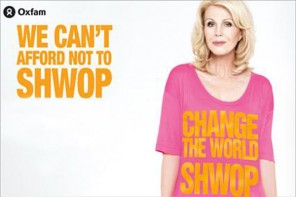Woolies has done it again with another milestone on their Good Business Journey – Farming for the Future
Woolworths and their produce farmers are pioneering a new way of farming that allows them to grow and produce sustainably, without compromising on quality or adding to the cost for the consumer.
Farmers today are having to use more fertilisers and other chemicals to produce the same quantities and quality of fruit and vegetables than they did years ago. The goal of Farming for the Future is to do the opposite: grow more using less. This new approach to farming improves soil and water quality, encourages biodiversity and promotes water saving. More than 50% of Woolies fresh produce is farmed this way already; by 2012, all their local fresh produce will either be certified organic or grown using Farming for the Future methods.
In short, Farming for the Future is a holistic approach; working with nature instead of against it and combining the best of conventional farming with the best of organic methods. It starts by taking care of the soil: as any farmer will tell you, it takes good soil to produce good food. When soil is healthy, it needs fewer chemical interventions. It also needs less irrigation because it retains water better. Fewer chemicals also mean less chemical run-off into water systems, which helps maintain water quality.
Farming for the Future encourages biodiversity, not only because a healthy field is a complex ecosystem (including everything from microbes in the soil to the birds that enjoy a share of the crop) but also because, as soil is not depleted, there´s less need to continually clear new land for farming.
So look out for the Farming for the Future logo on Woolies produce. By supporting Farming for the Future produce today, you´re helping ensure there will be enough produce for future generations.
Click here to find out more about the Woolworths Good Business Journey and Farming for the Future.
The liveeco team









